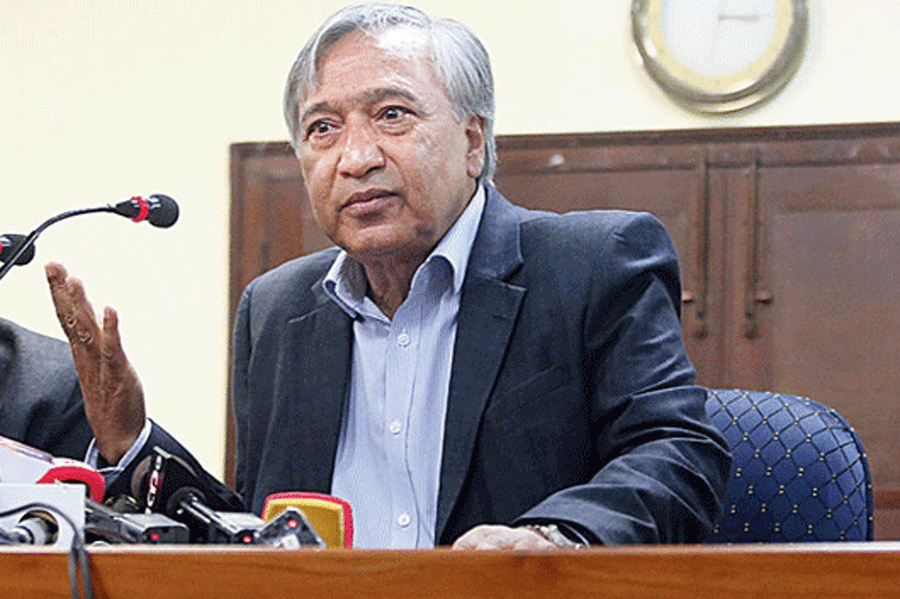CPM veteran Mohammad Yousuf Tarigami, who is also the spokesman of a multi-party alliance fighting for the restoration of special status to Jammu and Kashmir, stated on Thursday that political parties in the Union Territory are exploring the option of filing a review petition in the Supreme Court against its recent verdict upholding the Centre's decision of abrogating the Article 370 provisions.
“Recently, there was a Supreme Court decision. Many of us had knocked on the Supreme Court door to challenge the (central government) orders because of which the special clause of Article 370 was removed. In our view it was injustice. What the government of India did on August 5 (2019) is not an ordinary mistake, it was an assault on our basic constitutional rights, rights of people of Jammu, Kashmir and Ladakh,” Tarigami told a media conference in Jammu.
“That is why many of us, stakeholders and petitioners, are holding discussions for exploring options so that we get justice. We will go back to the Supreme Court to revisit the decision announced by it a few weeks back.”
A five-judge constitution bench of the Supreme Court had on December 11 upheld the decision of the Centre to abrogate Article 370 of the Constitution through a presidential order issued on August 5, 2019.
CPM is among several parties that had challenged the August 5 decisions. They had expressed outrage against the apex court's verdict. Tarigami is the spokesman of the Gupkar Alliance, a multi-party alliance fighting for Article 370 restoration.
The CPM leader said the doors for filing a review petition were open for them.
“Why would we construe that doors will not open for us? When we moved the Supreme Court earlier, many people were pessimistic and had discouraged us,” he said.
“But as a student of politics and as a citizen of this nation, one option of filing a review petition is still left. Some retired justices, who are colleagues, also feel that there is room for a review petition before the apex court.”
Tarigami said there was a provision to file a review petition during a specific period.
He also criticised lieutenant governor Manoj Sinha and central leaders for allegedly peddling misleading narratives that Article 370 was responsible for terrorism and other ills plaguing the Union Territory.
He said Article 370 acted as a bridge as J&K chose a secular country instead of a country that was created in the name of Islam (Pakistan) on its borders.
Referring to Sinha’s recent statement that implementation of the Anand Marriage Act — giving recognition to Sikh marriage rituals — in J&K had become possible only because of the abrogation of Article 370, Tarigami said that some 42 amendments had been made to the article before its scrapping.











